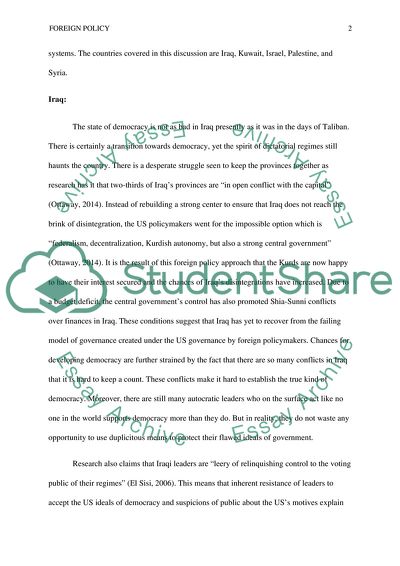Cite this document
(US Foreign Policy in the Middle East Research Paper, n.d.)
US Foreign Policy in the Middle East Research Paper. Retrieved from https://studentshare.org/politics/1849429-us-foriegn-policy-in-the-middle-east
US Foreign Policy in the Middle East Research Paper. Retrieved from https://studentshare.org/politics/1849429-us-foriegn-policy-in-the-middle-east
(US Foreign Policy in the Middle East Research Paper)
US Foreign Policy in the Middle East Research Paper. https://studentshare.org/politics/1849429-us-foriegn-policy-in-the-middle-east.
US Foreign Policy in the Middle East Research Paper. https://studentshare.org/politics/1849429-us-foriegn-policy-in-the-middle-east.
“US Foreign Policy in the Middle East Research Paper”, n.d. https://studentshare.org/politics/1849429-us-foriegn-policy-in-the-middle-east.


